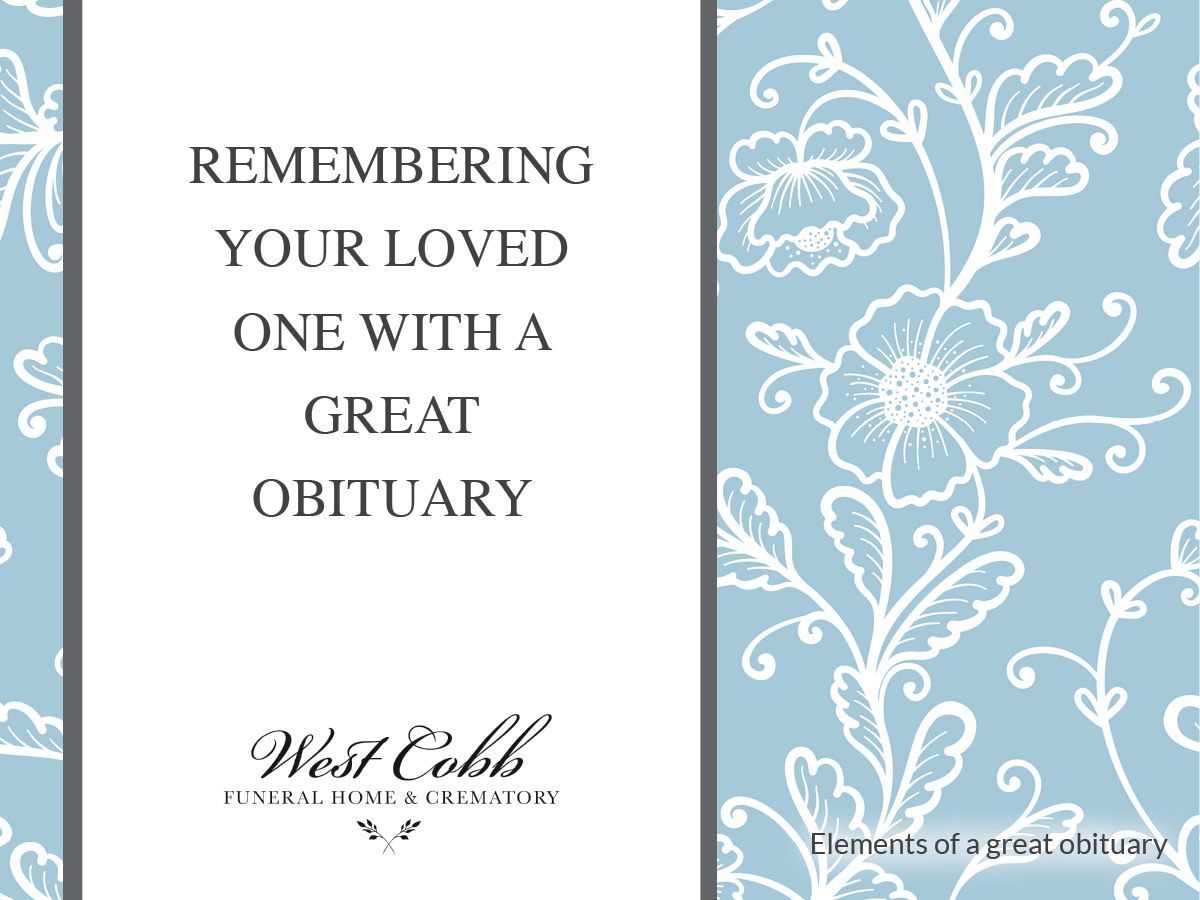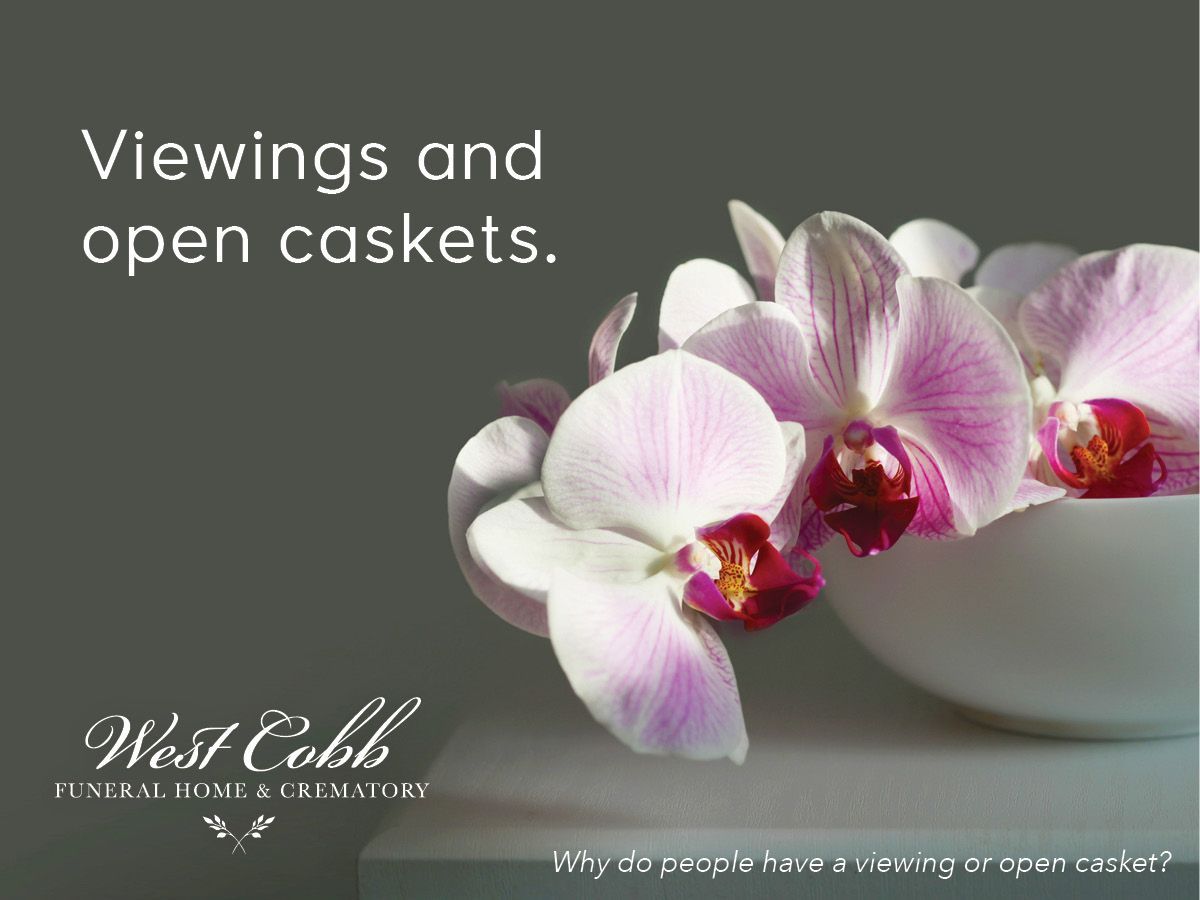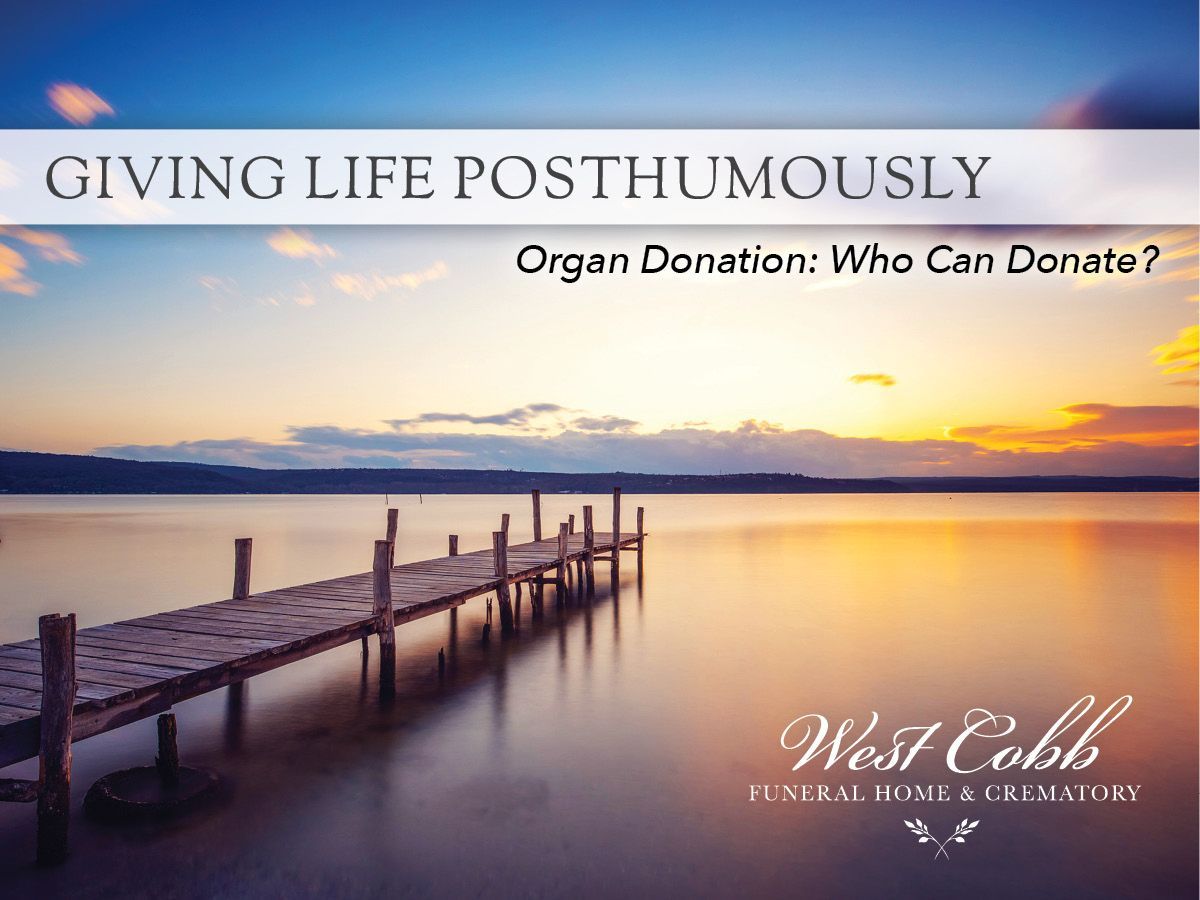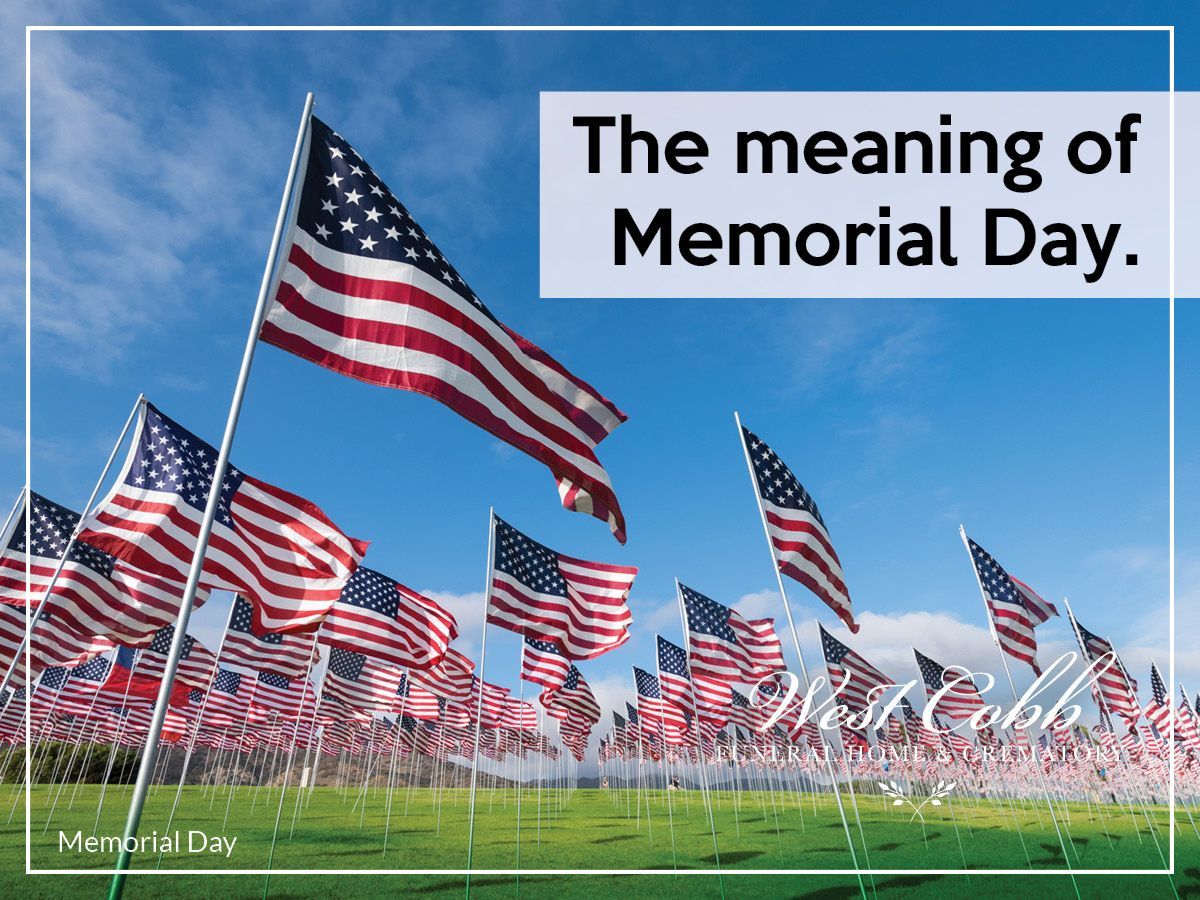As a subject, death can often make people uncomfortable. And as a result, that discomfort extends to how people feel about the funeral profession. For many people, the first time that they enter a funeral home is when a loved one passes. Because of this connection, many people associate funeral homes and what’s inside them with morbidity.
So, it can be a bit of a shock to find that funeral directors most often aren’t the caricatures we see in movies and storybooks. They’re not as frightening as one might expect, nor are they creepy, despite the fact that some may find what they do a bit scary. Just like with many professions, working as a funeral director is a multi-faceted role. And, believe it or not, some funeral directors may even try to bring some comedy into their position. Why is it essential to create a little levity as a funeral director? Although not every funeral director attempts to be funny, here are a few reasons why one might.
Why Your Funeral Director May Be Funny
1. Death makes people uncomfortable.
Funeral directors know that, for many people, death is an uncomfortable subject. It’s scary to think about a time when you’re not physically here anymore, and it’s upsetting to remember that there will be a time when your loved ones can’t be with you in person. But funeral directors also know that there’s a way to break through the uncomfortableness of death: humor. It can be disarming to hear a funeral director be funny. And that unexpectedness can give you a little shock to your system. Though you were uncomfortable moments before, your surprised giggles can make you feel more at ease.
Funeral directors are inherently very adaptable people. They strive to provide the form of comfort that you need the most during this stressful time in your life. For some people, being made to laugh is the best way to give them comfort. Although not all funeral directors are naturally funny, they aim to do their best to provide the care that you require.
2. Humor can help you cope with grief.
Laughter does a lot for us, perhaps more than we know. It helps our immune system, combats pain, and boosts our endorphins. And it also helps us when we grieve. Many bereavement groups incorporate humor for this exact reason. One study found that widows and widowers who could laugh and smile about their loved ones experienced less depression and anxiety. Laughter cannot remove the pain of losing a loved one, but it can help us grieve with less severe symptoms.
Grief is complicated. Though we usually experience the strongest symptoms of grief for only a few months after a loss, those feelings often turn into integrated grief. Though integrated grief is easier to live with, it’s also longer-lasting. Grief becomes a part of our lives, which is why it’s essential to continue to find humor. As the study of the widows and widowers shows, finding humor can help both during the initial period of loss and the subsequent years with the overall grieving process. Funeral directors may not be grief counselors, but they strive to help us in any way they can while we mourn the loss of our loved ones. Creating levity through the funeral planning process can be one way to help.
3. Humor can help you cope with stress.
Funeral planning itself can be stressful. Hundreds of decisions must be made. There’s a lot on the planner’s mind about whether or not they’re making the right choices. Would the funeral they planned be the one that their loved one wanted? Those kinds of questions can inch their way into the mind of the planner, causing stress over their decisions. There’s often a feeling of anxiety as a funeral nears. Will everything go right? Although a funeral director and their staff will always do their best to assuage these fears in families who come to them in their time of need, it’s often hard to get their stress to dissipate.
Like grief, humor can do a lot to help stress. Laughing actually activates your stress response. A strong belly laugh increases your blood pressure and heart rate, but only briefly. Once you’ve calmed down again, your heart rate and blood pressure decrease, giving you a calm feeling. Laughing also soothes tension and aids in muscle relaxation, helping to decrease the physical signs of stress. In the long term, laughter improves your ability to cope with difficult situations and overall mood. A funeral director may find ways to incorporate laughter with the goal of relieving some of your funeral planning stress.
4. Funeral directors want to help you continue on with your life.
Funeral directors aren’t afraid of talking about death, but they do know that many people would rather not think about it. And they also know that no one comes to them for funeral planning in a happy mood. When most people plan a funeral, they are doing so with some distress as they’re just beginning to live a life without the person they love. These people are struggling, and the funeral director wants to help them through this new way of life.
A part of helping is telling them that it’s okay to keep living. And a big part of living is finding the humor in life. When you’ve just lost a loved one, you’re likely experiencing acute grief, a period of grieving when your symptoms may prevent you from going about your everyday life. You may find it hard even to smile. It can feel wrong to laugh again when you’ve just lost someone you love. But a funeral director may try to encourage you to laugh again and to let you know it’s okay to find joy in life, even when you’re missing someone you love.
Not all funeral directors are the same. Some funeral directors prefer to remain more serious through the funeral planning process. And that’s okay too. But if you begin working with a funeral director who brings some levity to your situation, you may find that it’s helpful to your stress levels and your grieving process. Funeral directors aren’t the frightening figures of childhood stories, and they certainly don’t want to scare you. Some of them will even try to make you laugh, making a stressful situation a little bit lighter and a little bit easier.











